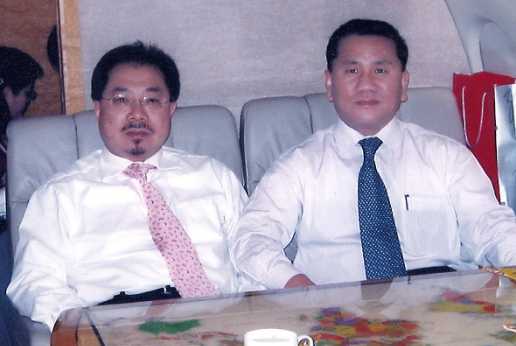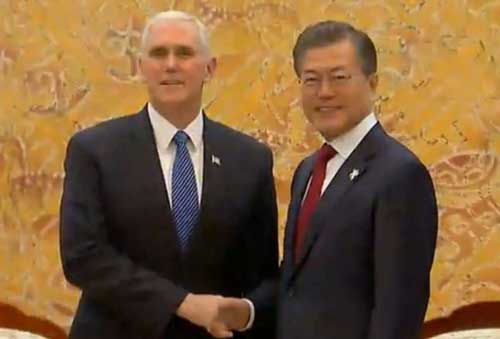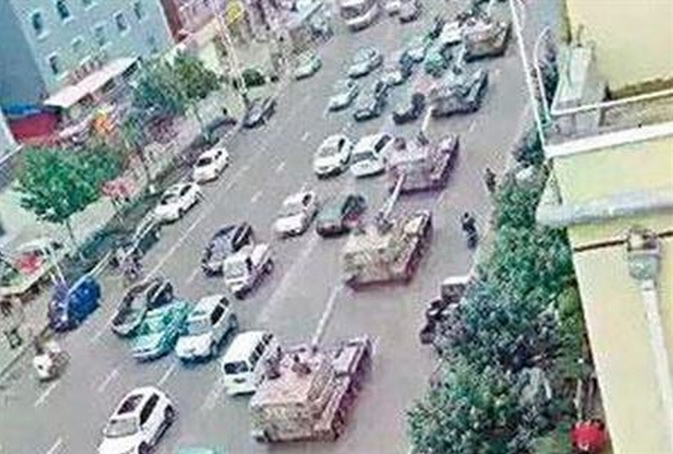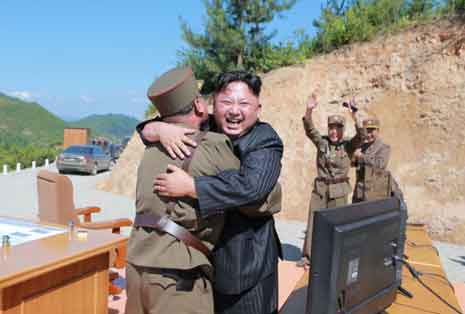Two weeks after North Korea cut the Red Cross communications link to the South, and the communications to the American Military Command in South Korea, North Korea has upped the ante and threatened to cut the key military link to the South as well.
The North Korean government, via Pyongyang’s central broadcasting station, announced that it was cutting communications through that channel. As their rationale for severing the link, North Korea said, “under the situation where a war may break out at any moment, there is no need to keep north-south military communications.”
|
|
South Korea has confirmed that the North is no longer answering the phone located at the Kaesong industrial complex located just north of the demilitarized zone.
This only leaves one line of communication open, which is the aviation hotline between the airports of Inchon and Pyongyang.
North Korea announced, “There do not exist any dialogue channel and communications means between the D.P.R.K. and the U.S. and between the North and the South, not words but only arms will work on the U.S. and the South Korean puppet forces.” The North stated that it has planned “substantial military actions,” which includes “pre-emptive nuclear strikes.”
Statements directed at South Korea and the United States on Wednesday raised further the level of the war of words. North Korea warned the South that further reference to the North’s hunger and isolation would not be tolerated and that the South’s new leader best watch her tongue and utter no further unpardonable provocations. It was stated by the North that any wrong words could lead to “horrible disaster” and result in her meeting “a miserable ruin.”
To the United States, North Korea issued another statement telling the U.S. that while the America has “numerical superiority of nuclear weapons it will not be able to escape a miserable plight of perishing forever in the flames kindled with its own hands.”
The U.S. announced last week that it would be ramping up its ground-based Interceptor missile capabilities on the West Coast by adding additional missiles to its bases in Fort Greeley and to Vandenberg in reaction to ballistic missile threats emanating from Norht Korea.






